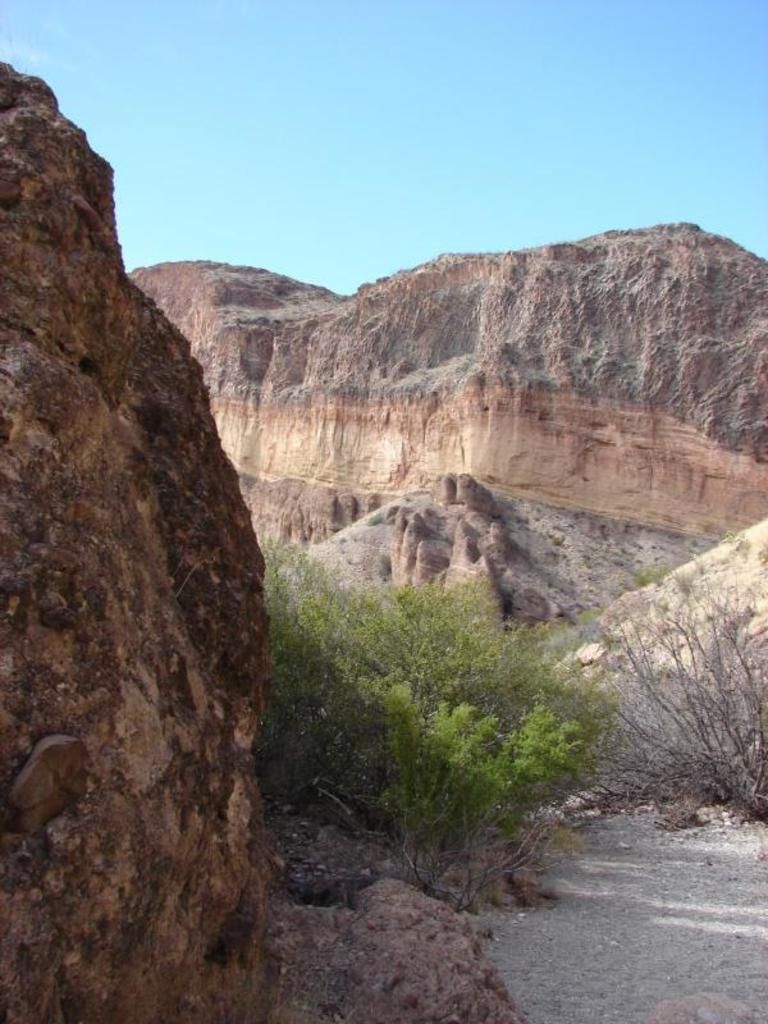UCLA's New Chancellor Steps into a Storm of Controversies
Chancellor Julio Frenk of UCLA pledges to rebuild campus faith as feelings of unease and worry persist
In the whirlwind of challenges confronting higher education in the United States, Julio Frenk, the just-inaugurated seventh chancellor of UCLA, finds himself smack dab in the middle of the fray.
"The storm we're weathering today in higher education is one of the biggest challenges in living memory," Frenk stated during his ceremonial address at the Royce Hall, where over 1,300 guests gathered to witness his inauguration. He emphasized the need for courage, resilience, and wisdom to tackle these challenges head-on.
Just days after Frenk assumed charge on Jan. 1, devastating Los Angeles wildfires erupted, prompting an unprecedented evacuation. Frenk hastily made the decision to move classes online for two weeks, clearing the path for students to flee the flames. Shortly after, the university converted the under-construction UCLA Research Park, located on the site of the former Westside Pavillion, into a Federal Emergency Management Agency disaster recovery center. More than 1,000 students, faculty, and staff volunteered their time and resources to aid in the recovery efforts during those critical ten days.
Trump's inauguration soon followed, marking the beginning of the administration's push to remake higher education, with a particular focus on eliminating what it perceives as the liberal bias and anti-conservative sentiments prevalent in elite universities. The cuts to medical research funding are part of an onslaught of federal actions and threats, alongside state budget cuts, that have led to a hiring freeze and austerity measures within the University of California system.
Today, UCLA finds itself under the magnifying glass as one of ten universities under investigation by a federal task force. The campus is the focus of two federal investigations over allegations of illegal considerations of race in admissions, as well as an ongoing probe into potential antisemitic employment discrimination.
The university has backed multiple lawsuits against the Trump administration's funding cuts. Tensions are still running high since UCLA was thrust into the global spotlight following a violent attack on a pro-Palestinian encampment a year ago. The melee and the encampment are the subject of numerous lawsuits against UCLA and the police, with smaller protests for divestment from financial ties to the Gaza Conflict still ongoing.
Under Frenk's leadership, UCLA banned Students for Justice in Palestine after pro-Palestinian demonstrators vandalized a UC regent's Brentwood home. A counter-letter penned by more than three dozen UCLA organizations and community members, including faculty and labor groups, demanded that Frenk prioritize the needs of the community over profit. A few dozen pro-Palestinian protesters gathered outside Royce Hall and nearby Kaplan Hall, while UCLA police reportedly detained three individuals for illegal use of amplified sound and attempted kidnapping.
In a candid interview with The Times, Frenk spoke of his vision for a UCLA committed to providing opportunities for students from diverse backgrounds and addressing the root causes of discrimination and intolerance. He pointed to the university's fire disaster response and ongoing research into issues such as racial disparities related to the fires, damage to community water systems, and disaster recovery planning as shining examples of the institution's mission in action.
Born in Mexico City, Frenk earned his medical degree from the National Autonomous University of Mexico and MIT's Division of Health Sciences and Technology, later serving as Mexico's federal secretary of health from 2000 to 2006. As the first Latino chancellor of UCLA, he plans to put the university at the service of the local community, the nation, and the global community.
"Great universities bridge divides, foster debate, and promote dialogues while always valuing respect," Frenk stressed. "I'm excited to lead UCLA during this pivotal moment in its history."
When asked about the encampment that erupted just days after he accepted the chancellor position, Frenk noted that UCLA is a connective institution that prioritizes respectful dialogue, even when opinions clash. He explained that the university's research budget, encompassing around 10% of its $11 billion budget, could be significantly impacted by the Trump administration's research cuts. Frenk expressed his concern that cutting research would not only harm universities and researchers but also undermine the well-being, prosperity, and security of the nation.
Frenk insisted that UCLA will cooperate with federal investigations while keeping the university's focus on combating antisemitism and championing diversity. Frenk's intentions to foster inclusivity and eliminate all forms of prejudice and intolerance mark a promising path forward for UCLA and higher education as a whole.
Enrichment Data:
Overall:
The current status of federal investigations into allegations of antisemitism and race-based admissions at UCLA is as follows:
Antisemitism Allegations
The Trump administration has escalated its investigation into alleged antisemitism on university campuses, including UCLA. The Department of Justice's antisemitism task force, led by Leo Terrell, plans to file lawsuits against several universities, including UCLA, USC, and UC Berkeley, for alleged failures to address antisemitism and potential civil rights violations[2][3][5]. These investigations are part of a broader effort by the federal government to scrutinize how universities handle antisemitism and other issues[3].
Race-Based Admissions Allegations
A federal lawsuit has been filed alleging that UCLA's medical school uses a race-based admissions process. This lawsuit is separate from the antisemitism investigations but reflects broader concerns about admissions practices at UCLA[1].
Response from Universities
UCLA and other universities under investigation have defended their actions, emphasizing their commitment to combating discrimination and antisemitism. The UC system, for example, stated that it is committed to eliminating all forms of discrimination and will cooperate with federal authorities[5].
- The new chancellor of UCLA, Julio Frenk, acknowledged the massive challenges facing higher education, particularly in light of federal investigations over allegations of antisemitism and racial biases in admissions.
- The Trump administration has spearheaded an investigation into alleged antisemitism on university campuses, with UCLA, along with USC and UC Berkeley, under scrutiny.
- The Department of Justice's antisemitism task force, led by Leo Terrell, has plans to file lawsuits against these universities for perceived failures to address antisemitism and potential civil rights violations.
- A federal lawsuit has been lodged against UCLA's medical school, alleging a race-based admissions process, which is separate from the antisemitism investigations.
- UCLA, alongside other universities under investigation, has defended its stance on eliminating discrimination and will cooperate with federal authorities.
- The UC system, in response, reiterated its commitment to eradicating all forms of discrimination.
- The investigations into UCLA are part of a broader federal initiative to carefully review how universities handle antisemitism and related issues.
- Education and self-development programs, such as those at UCLA and USC, play a crucial role in fostering understanding and tolerance, especially amidst ongoing investigations and controversies.
- In light of the investigations, health and wellness initiatives, including medical research and the treatment of various medical conditions, may face significant challenges due to potential funding cuts.
- Space and astronomy research at institutions like UCLA and UCLA's groundbreaking work in science could also be affected by external factors like federal budget changes and political landscapes.







